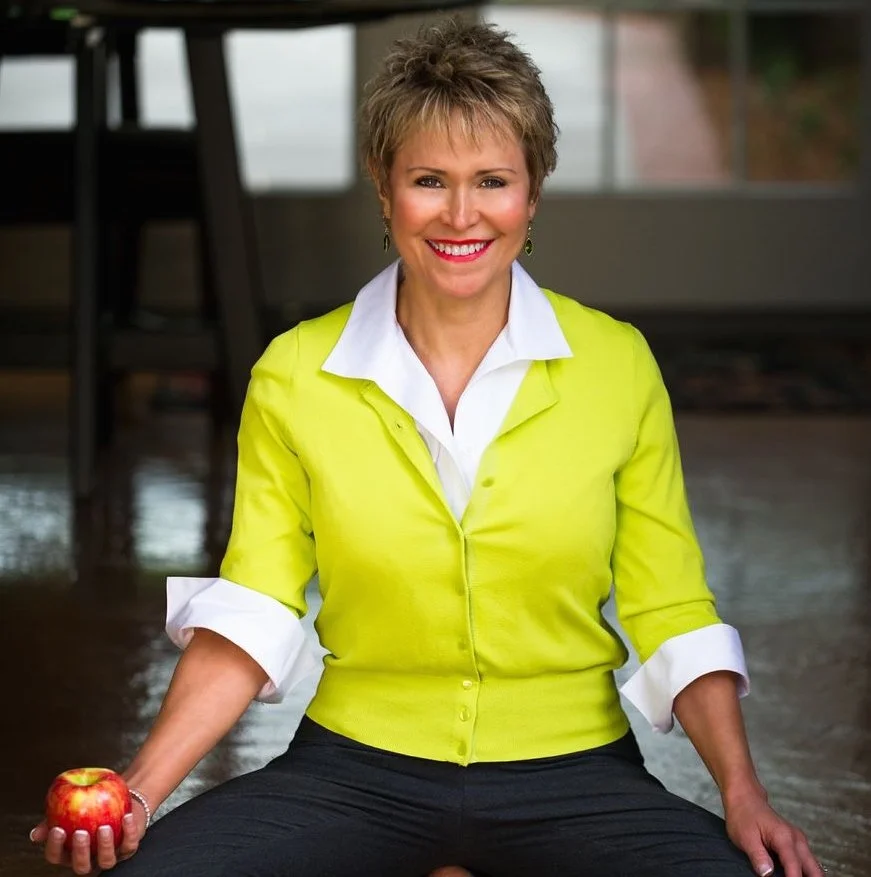Cultivate Your "Inner Gourmet" with Mindful Eating
A diagnosis of diabetes can feel like a death sentence. I remember observing the faces of the participants in a diabetes education program, as the nutritionist described how to manage their blood glucose by controlling portions and by eating more nominally-processed foods and fewer sweets, sugary beverages and baked goods.
Although the participants were well aware of the need to make changes, I sensed that many of them questioned their ability to do it. Why? Because many of them translated the successful management of diabetes to mean dieting, deprivation and giving up the foods they enjoyed.
Cultivating Your “Inner Gourmet”
Which explains why I’m so impressed with Mindfulness-Based Eating as a powerful antidote to the “there goes my life” reaction when confronted with a health issue-induced lifestyle change. For a client facing what may seem like an impossible shift in his or her lifestyle and daily routine, Mindfulness-Based Eating may just make the difference between finding a way to get blood glucose under control and feeling too overwhelmed or unconfident to even try.
Yes, the focus is on eating less, but paradoxically, it comes about by enjoying food more. The focus is on eating differently, but in a way that increases awareness, satisfaction and feeling in control. Think of it as cultivating your “inner gourmet.”
In a mindfulness-based eating session, I help my client tune in to how he or she feels physically and emotionally from moment to moment. That moment can be the point of power that allows him or her to make a thought-out response that feels more in control, rather than acting on automatic pilot from habit or impulsivity.
My observation in working with clients over the past fifteen years is that in our sensory-overloaded world it is all too easy to barely be aware of how your food tastes, whether or not you’re enjoying it and how full you are. It’s easy to be “out to lunch” during your experience of eating – whether it’s reading, texting, driving, talking, working, watching TV or just drifting off somewhere else in your mind. Unfortunately, this fundamental inattention to the meal often leads to eating more. The insidious part is you’re not even aware that it’s happening… until it’s too late and you’ve overeaten… again.
Don’t Dumb It Down
Sometimes mindful eating gets dumbed-down as simplistic self-help how-to’s such as “Just put your fork down between bites, eat slowly and stop eating when you’re full.”
It's powerful to give my clients an actual experience of what it feels like to eat when they are hungry and stop when they are satisfied.
Not so easy for my client to do when he or she is surrounded by highly palatable food that is plentiful, easily available… and now “forbidden.” Add to their own internal impulses and cravings the social pressures from those around them about when, what and how much to eat… well, you get the picture.
Eating is an experience that is laden with feelings — both physical and emotional. The more relaxed attention we can focus on the bodily sensations experienced during eating and any emotions that are also present, the more choice and control we begin to have on what and how much we eat.
It’s powerful to give my clients an actual experience of what it feels like to eat with calmness and awareness – to eat when they are hungry and stop when they are satisfied, the experience of not judging food as “good” or “bad,” but choosing to eat food that is both pleasing to them and nourishing to their bodies.
The best part? I get to tell my clients, “You don’t have to eat every bite of every meal mindfully to change your relationship to food and eating. Even a few bites of a meal eaten with awareness can help you get in touch with your level of hunger before you take the next bite.”
Written by: Dr. Jan Anderson, PsyD, LPCC
Be sure to download Dr. Jan Anderson’s “Mindful Eating: A Guided Experience” track on iTunes or Amazon!
To see how Dr. Jan Anderson practices mindful eating in her own life, join her at Caffe Classico. Watch the video…


